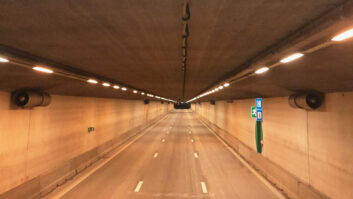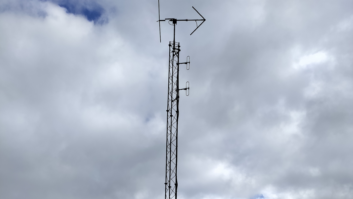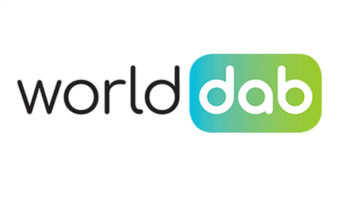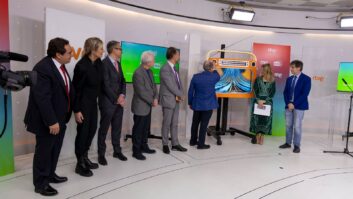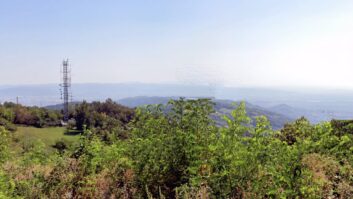BRUSSELS — Countries that have approached the DAB+ digital radio standard as late adopters are deploying their networks at a much faster pace than early-riser nations, reports show. Speakers at the WorldDAB general assembly, which took place in Brussels Nov. 5–6, confirmed this fact.
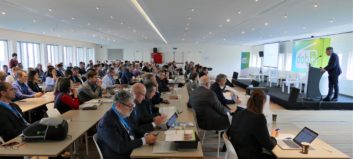
LESSONS LEARNED
Consider Germany, the United Kingdom, Switzerland and other countries, which began thinking about transitioning their country’s radio industry to digital terrestrial broadcasting more than 10 years ago.
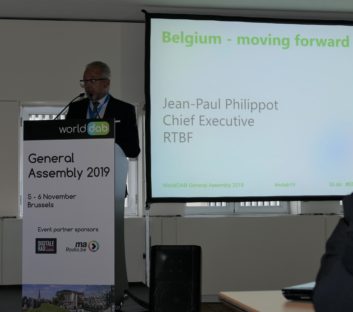
They were also tasked with having to picture — from scratch — the relevant ecosystem that went along with it. This included regulatory issues, spectrum availability, network planning, hard-to-find receivers and a relationship with the car industry still to kick off.
However, “late-adopter countries are speeding up their digital network deployment at a surprising pace,” explained Patrick Hannon, WorldDAB president.
“They are benefiting from the lessons learned by the pioneering countries that went before them, and they are well aware of the key actions they need to take,” he said.
“In addition,” he continued, “those countries can take full advantage of all the previous activities carried out by founding members of the WorldDAB.”
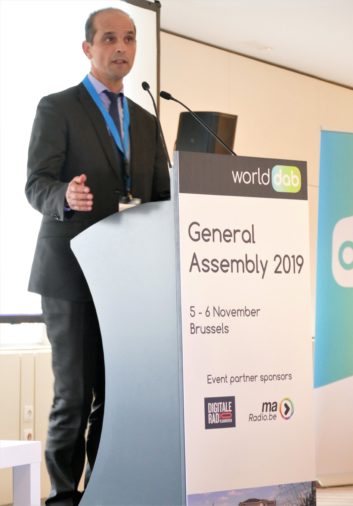
As examples Hannon mentioned the EU directive on the availability of digital receivers in new cars, the success stories of digital-only stations and the sound relationship built with major car automakers also in term of hybrid receivers and user interfaces.
Speakers from Belgium, France, Tunisia, Slovenia and Austria illustrated how their respective countries are advancing at a surprising speed on the digital path, also thanks to a clearly-defined action plan, which has helped pave the way.
FOUND ITS WAY
According to the latest available figures, 51% of the Tunisian population is covered by DAB+ signals, and this figure increases to 61% in Austria, 73% in Slovenia and 95% in Belgium.
What’s more, it only took these newcomers a few years to move from nothing to the present point, while early adopter countries needed 10 years or more to do the same.
“It’s a real pleasure to see how the key action points from each implementation plan, which proves itself to be effective are so similar. This means we have probably found the right way forward,” Hannon concluded.
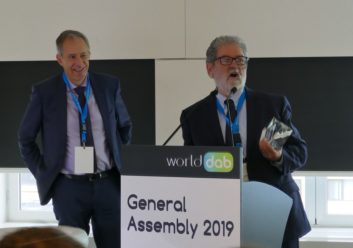
The more than 200 delegates who took part in the general assembly confirmed Patrick Hannon as WorldDAB president, Joan Warner and Jacqueline Bierhorst as vice-presidents and Ron Schiffelers as treasurer.
Also during the event, the organization awarded the 2019 WorldDAB Award for Outstanding Service (Per Erik Selemark Award) to Sergio Natucci, chief operating officer at DAB Italia.
WorldDAB gives this award annually at its general assembly to an individual member of WorldDAB in recognition of his or her exceptional efforts in carrying out the promotion and rollout of the DAB.
This marks the first time this award goes to a person representing the commercial broadcasting sector.





